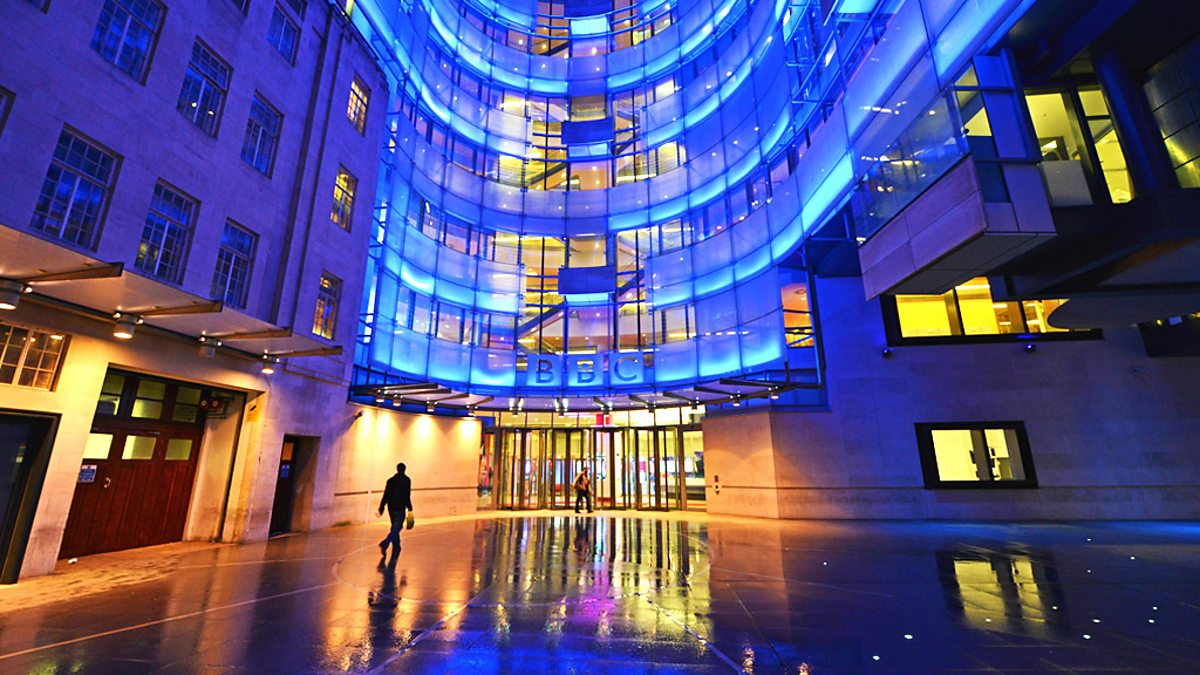BBC subscription would cost more than £450 if licence fee scrapped, broadcaster warns

Shifting from the licence fee and towards a subscription model for funding the BBC would come at a heavy cost for the British public, the broadcaster has said.
In its Value for Audiences report, the BBC claims: “If one was to purchase the range of media offered through the licence fee, then a bundle of subscriptions providing advertising-free high-quality services comparable with those delivered by BBC across video, audio and news would cost £453.45 per year in comparison with the current licence fee of £157.50.”
Arguing that the licence fee presents solid value for money, the report says that an hour of watching the BBC costs at around 9p on average, compared to 15p per hour for the average SVOD and 50p per hour for a pay TV service. Comparing it to other forms of entertainment, the report says that the licence fee is equivalent to the price of five Premier League match tickets, three London theatre tickets, six zoo visits or 22 cinema tickets.
The BBC has been a target of the Conservative government under prime minister Boris Johnson, with multiple members of his cabinet attacking both its funding model and perceived anti-Brexit reporting bias.
The report notes that despite 97% of UK adults using BBC services per month, the licence fee costs less now in real terms than it did in 2010/11. All of this is, the pubcaster says, “despite an effective cut in income of circa 30%.”
This reduction in income stems from a five-year freeze in licence fee income and increased spending obligations on its platforms like the World Service and Welsh-language channel S4C.
The report says that the BBC has embarked on a savings programme which will deliver £951 million in savings by 2022, with measures taken including reducing the number of senior managers and growing commercial income to £1.6 billion.
Tim Davie, BBC Director-General, said: “The BBC has made big changes to ensure we provide outstanding value. We are smarter spenders and savers and more efficient than ever before, but there is more to do.
“The financial challenges and competition we face continue to evolve and while we have demonstrated we can deliver, I want us to adapt and reform further to safeguard the outstanding programmes and services that our audiences love for the future.”



